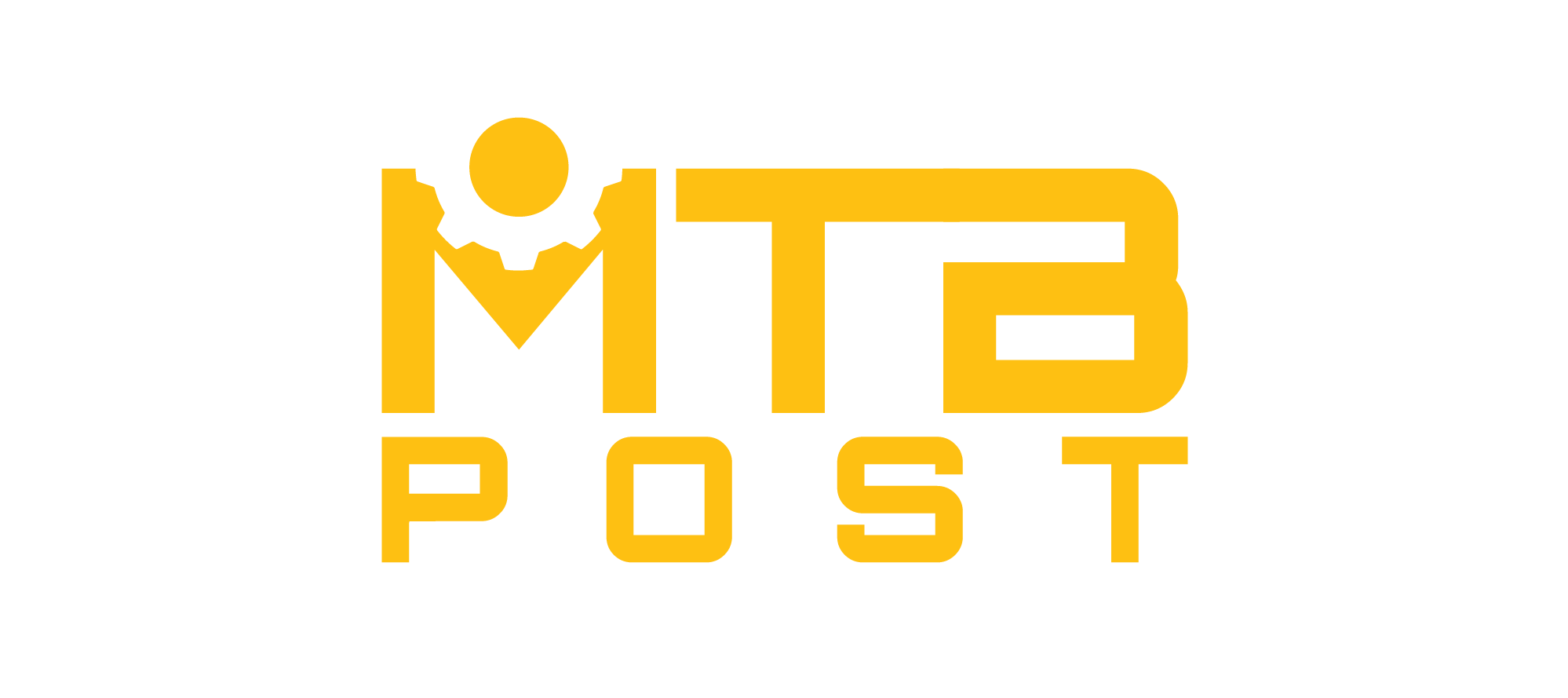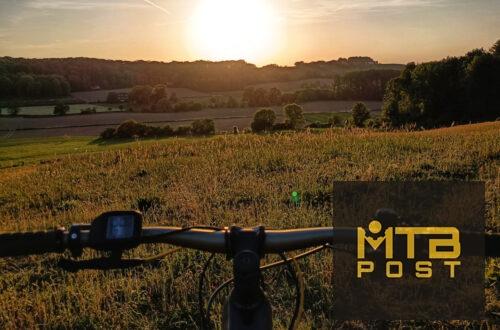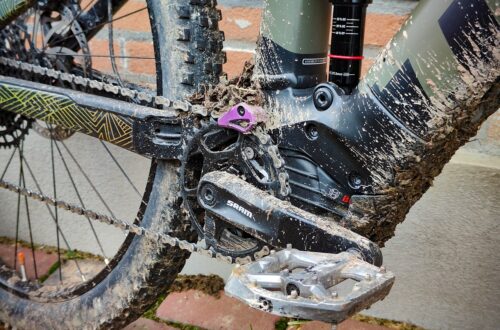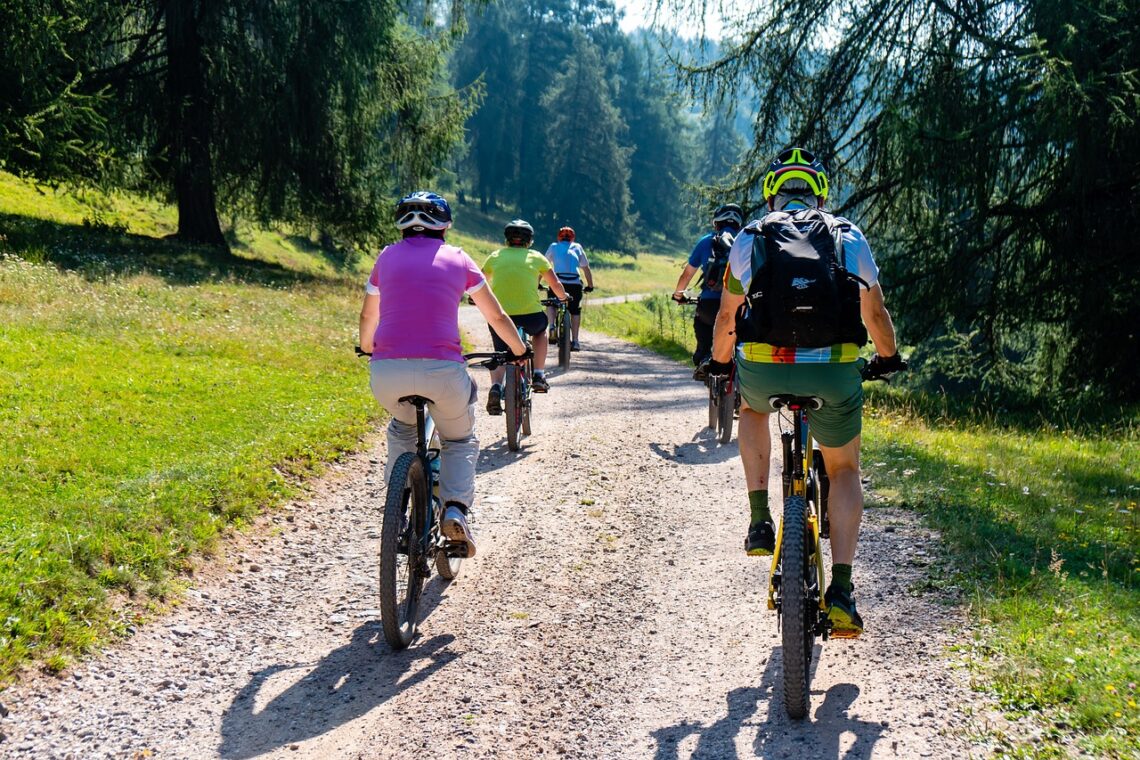
Best eMTB For Heavy Riders
Good that you are looking into mountain biking as a way to get fit! Exercising in nature is not only good for your body; it’s also good for your mental health. But when you’re a bit heavier, you might find it difficult to find a suitable electric mountain bike. What’s the best eMTB for heavy riders?
The user weight limit of an electric mountain bike (eMTB) varies from brand to brand and lies between 105-150 kg/230-330 lbs for the rider including gear. The best full suspension eMTB for a heavy rider is the YT Decoy Core 2 with a weight limit of 150 kg/330 lbs.
There are quite a few options when it comes to eMTBs. Do you go for a full suspension or hardtail? A carbon frame or aluminum? In this article, we’ll go through the process of selecting the right mountain bike for you.
What’s The Weight Limit Of An eMTB?
Electric mountain bikes look more sturdy than a regular mountain bike. They have a significantly thicker and wider frame, bigger crank and wider tires, which immediately gives away that this is not a regular mountain bike. But as technology evolves, the motors and batteries become smaller which reduces the visual differences.
Other than what most people think, the user weight limit of an electric mountain bike (eMTB) is not higher than that of a regular mountain bike. The weight limit is different from brand to brand, but lies between 105-150 kg or 230-330 lbs. This is for the rider including gear.
Exceeding the weight limit of an eMTB is at your own risk. You put a lot more stress on components like the frame, wheels and suspension, which can cause them to deform or fail. Other components such as the drive train, tires and brakes will wear faster. Doing so can void the manufacturers warranty so that they don’t cover the cost of repairs or replacements.
Carbon Or Aluminum eMTB For Heavy Riders?
The most common used materials for mountain bike frames are carbon and aluminum. In some rare cases you will also see steel or titanium frames, but not with electric mountain bikes.
The frame material of an electric mountain bike (eMTB) has no influence on the user weight limit. What to choose comes down to the rider’s preference. Carbon has better vibration damping-properties than aluminum, but is more expensive and vulnerable to damages from impacts.
Carbon fiber frames are often rated for their lower weight in comparison to aluminum frames. But the impact of that is not significant on the weight of an eMTB. Generally, the use of carbon reduces the weight of the frame by 2 kg or 4 lbs. That’s only a reduction of only 10%.
Aluminum is stiffer than carbon, which makes the power transfer more direct and efficient. But it also transfers more vibrations of the surface the rider. You should test out both bikes to find out if a carbon frame is worth the extra money for you.
Full Suspension Or Hardtail eMTB For Heavy Riders?
Choosing for a full suspension (FS) eMTB or a hardtail, does not impact the weight limit. It depends on the terrain and riding style what to choose. For a heavy rider, a full suspension provides more damping and bike control. A hardtail is only a good option for smooth trails at low speeds.
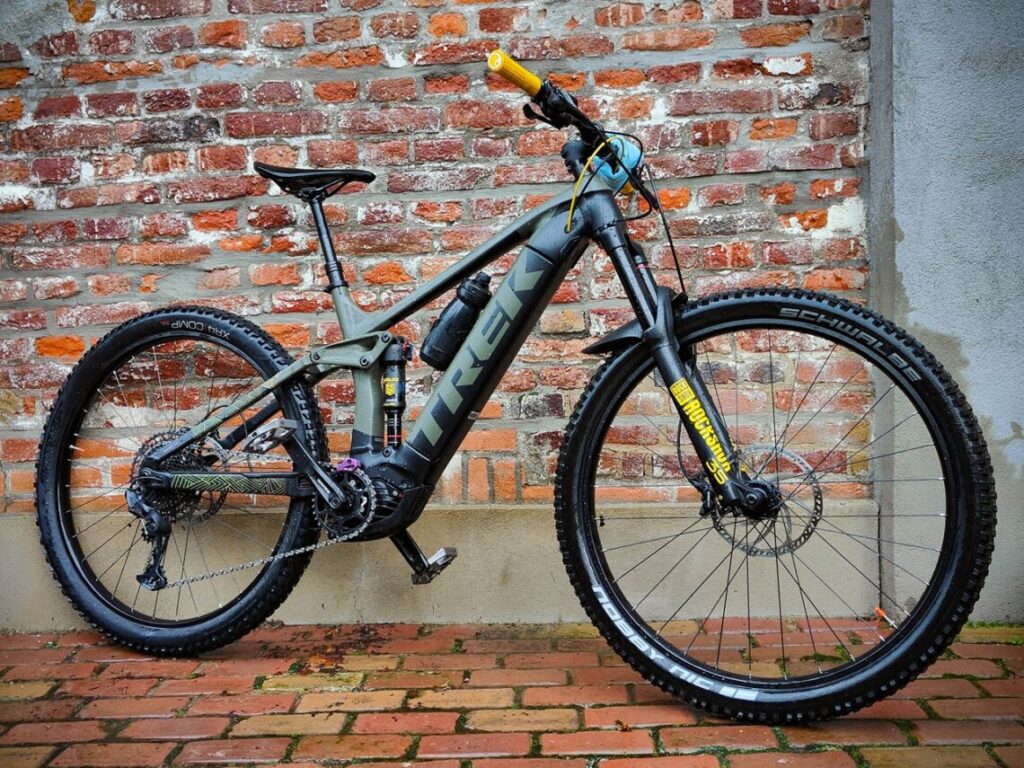
Full suspension bikes excel on rough, technical sections. Because of the extra shock, the power transfer is less direct, but bumps do not directly transfer to the rider. This makes riding a FS eMTB quite comfortable.
Full suspension eMTBs are actually a bit more common than hardtails. This has to do with the fact that you can carry more speed on the more technical sections in comparison to a regular mountain bike. More speed means bigger impacts. The extra shock absorber plays a big role in remaining bike control.
There are a few thing to keep in mind when looking at a full suspension mountain bike. First, there is the price; a full suspension bike is more expensive to purchase. And second, the maintenance; the extra shock absorber and bearings and bushes in the frame will need replacing at one point.
Best eMTB For Heavy Riders
Electric mountain bikes have gained a lot of popularity over the last few years. Many new brands have entered the market with lots of different models and variations.
Battery
There are quite a few factors that have an impact on the range of an eMTB: mode of pedal assistance, terrain, temperature, battery capacity, tire pressure and weight of the rider.
As a heavier rider, it is advised to choose a larger capacity battery. The great thing about electric mountain biking, is that these bikes will encourage you to ride further and faster. The last thing you want to do, is having to walk home because of a dead battery. As an example: a 625 Wh battery will give you a range of around 50 km or 30 miles.
Some manufacturers provide multiple options in battery capacity.
Motor
The thing that makes eMTBs a thrill to ride, is the power of the motor. At 85 Nm or higher, these bikes put out almost as much torque as a small car.
Through the years, there have been some complaints about the weight and agility of an electric mountain bike. As an answer, there are now eMTBs for people that like the punch of the motor, but want the handling of a regular bike. These bikes are significantly lighter, but also less powerful. An example of this, is the Specialized Turbo Kenevo SL with a weight of 19 kg (with battery), a 325 Wh battery and 50 Nm of torque.
Although the weight limit of a ‘mild’ eMTB is no different from that of a heavier eMTB, as a heavier rider, it is advised to get a more powerful motor with a minimum of 75 Nm. Especially when you’re new to mountain biking; a powerful motor will encourage you to travel further and conquer the steep climbs.
eMTB For Heavy Riders
A ‘heavy’ rider is quite subjective. Someone’s weight is determined by length, body composition and fitness.
When comparing eMTBs and particularly their weight limit, there are a few things to keep in mind. Some manufacturers provide the total weight limit, which includes the weight of the bike, rider and cargo. Other manufacturers give you the weight limit of the rider including cargo.
When we talk about ‘cargo’, we are talking about your cycling clothes and all the accessories that you carry such as: helmet, shoes, backpack with contents and water bottle. On average, the weight of the cargo is around 7 kg or 15 lbs. Don’t forget to retract this when calculating the maximum weight of the rider. The weight of the bike itself can be found in the spec-list on the manufacturers website.
In the table below, there is an overview of the user weight limit of well known eMTB brands. For this comparison, I’ve looked at mid-range full suspension eMTBs that costs €/$4000-5000. The weight limit is for the rider including cargo.
| Brand / Type | Frame Material | Battery | Weight bike | Weight Limit (rider + cargo/gear) |
| YT Decoy Core 2 | Carbon | 720 Wh | 23,9 kg / 52,7 lb | 150 kg / 330 lb |
| Cannondale Moterra Neo 4 | Aluminum | 625 Wh | 25,9 kg /57,1 lb | 138 kg / 305 lb |
| Specialized Turbo Levo | Aluminum | 700 Wh | 23,8 kg / 52,5 lb | 136 kg / 300 lb |
| Giant Stance E+ 2 | Aluminum | 625 Wh | 25,9 kg / 57,1 lb | 130 kg / 287 lb |
| Cube Stereo Hybrid 140 | Carbon | 750 Wh | 24,8 kg / 54,7 lb | 121 kg / 267 lb |
| Commencal Meta Power | Aluminum | 630 Wh | 24,8 kg / 54,7 lb | 120 kg / 265 lb |
| Haibike Alltrail 5 29 | Aluminum | 720 Wh | 25,4 kg / 56,0 lb | 120 kg / 265 lb |
| Merida Eone Forty | Aluminum | 630 Wh | 23,9 kg / 52,6 lb | 116 kg / 256 lb |
| Trek Rail 5 Gen 2 | Aluminum | 625 Wh | 23,9 kg / 52,6 lb | 108 kg / 238 lb |
| Canyon Neuron ON CF 7 | Carbon | 750 Wh | 22,9 kg / 50,5 lb | 107 kg / 236 lb |
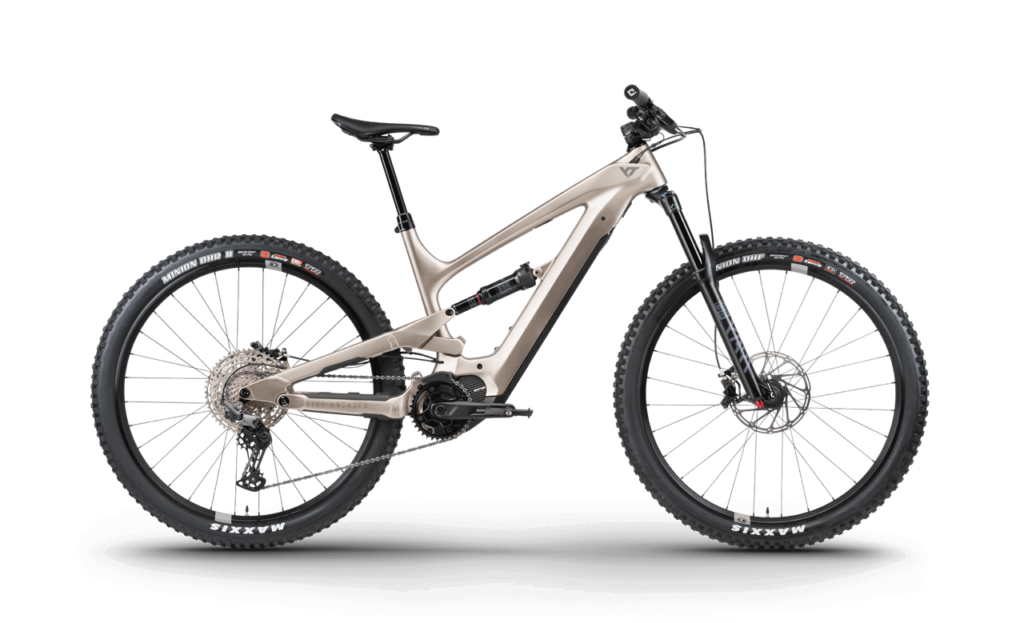
It is important to mention that you always do your own research! The overview above is a guideline for you to get a rough idea of the weight limits per brand. The weight limit of a specific eMTB that fits your budget and needs, might be different. Always consult the manufacturers data sheet!
Does An eMTB Help You Burn Calories?
Mountain biking in general is a very effective way to work on your fitness. You not only use your lower body muscles, but your upper body muscles as well. Mountain biking over a longer period of time builds strength and endurance. More about this in my article: Road Bike Vs Mountain Bike: The Differences In Exercise.
Mountain biking is a cardiovascular exercise that will help you burn calories. The added motor on an electric mountain bike (eMTB) will motivate you to ride faster and further. The lower mode of pedal assist, the more energy you have to put in and the faster you lose weight.
Some people assume that mountain biking with an electric motor takes the away the effort of the sport. Although this can be true, it is often not the case. Of course you could let the motor do all the work uphill, and only ride for the thrill of downhill. But in practice, people tend to do bigger rides on an eMTB.
But it is true that because of the power of the motor, an eMTB flattens out the peaks in power that the rider would normally put in. Because of this, riding an electric mountain bike mainly is an aerobic/cardio exercise that builds endurance and strength. Regular mountain biking contains also anaerobic elements.
A big advantage of an eMTB, is that because of the motor, you are now able to mountain bike with anyone. Whether that is someone that has better fitness and is faster than you, or someone that is slower. The motor can work in your advantage, but by switching it off or putting it in the lowest mode of assist, it will make your workout more challenging.
Frequently Asked Questions
There are no brands that specifically make electric mountain bikes for heavy riders. However, there are a few eMTBs that have a higher weight limit like YT and Cannondale.
Exceeding the weight limit of a mountain bike is at your own risk and the manufacturers warranty will be void. There is a chance of deforming or failing of vital components.
There are a few adjustments that you should make to a mountain bike as a heavier rider. First, increase the tire pressure. Second, adjust the shocks for the correct weight.


